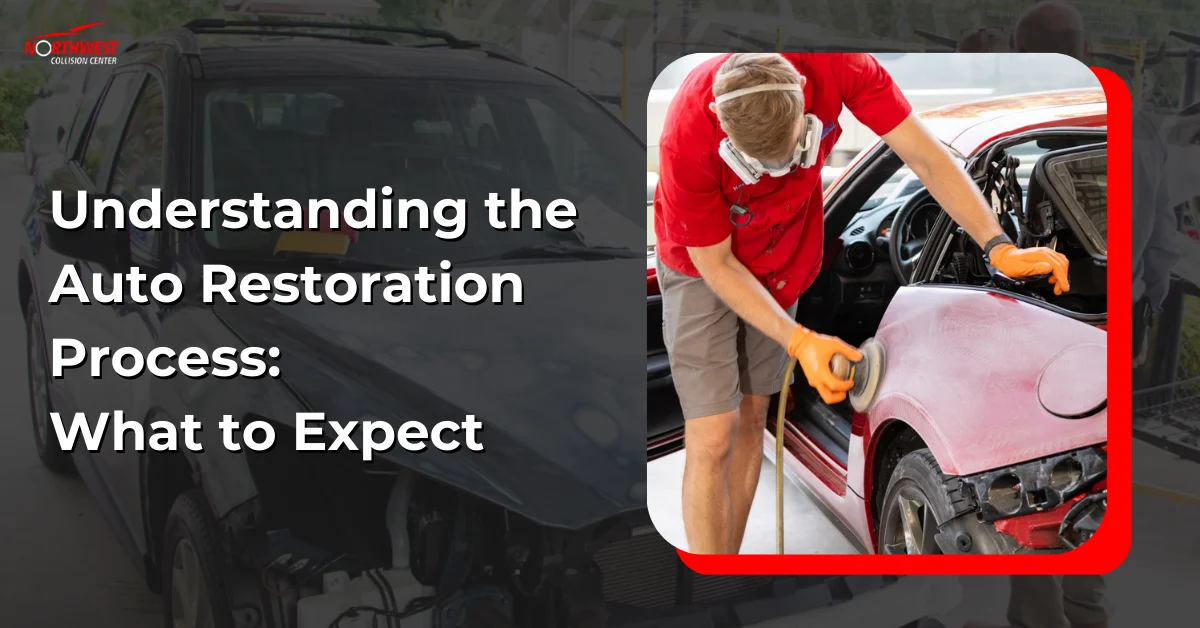For your Electric Vehicle (EV), choosing the right EV tires is a must. Here are some tips to consider when selecting the tires suitable for you.
- Comfort
- Performance
- Efficiency and durability
These elements are helpful when choosing car tires for both electric and regular cars. However, electric vehicles differ significantly from traditional cars since they require special attention. EV drivers should consider all the cars’ elements by having the correct charging equipment and considering the best EV tires.
Most vehicles are equipped with tires with a spare as well (the same goes for EV models), but it is important to note that tires wear and tear as time goes by, and you’ll likely have to change it after 3-4 years. To ensure that your electric car tires can hold to your driving habits, here are some things you need to know and consider:
1. Mass and Torque
Electric vehicles are heavier than conventional cars due to the extra weight of the battery. According to experts, EV’s are 30 percent heavier than regular combustion engine vehicles. Drivers must consider this added weight in purchasing tires. Heavier vehicles increase the pressure placed on the tires, the sidewalls especially.
EVs are also capable of nearly instant torque. These strenuous vehicles require the best EV tires to accommodate their needs. EV owners should purchase tires for EVs that are highly durable and sustain wear and tear because of the instant torque the vehicle is capable of. Electric car tires’ treads should maintain their grip and contact on the road.
2. Resistance
Certain types of tires support the battery range of your EV by reducing the rolling resistance, which also makes for a noiseless ride. Your battery will last longer the less resistance your vehicle has to work on the road. This will allow you to drive a longer distance with every charge.
3. Driving habits
The style of your driving impacts your tire. This affects the lifespan of your EV tire and, by extension, your tire selection process. EV owners may take things slower and easier, but you might be heavy-footed on those gas pedals if you are an owner of sportier EV models.
If you are heavy-footed, consider sturdier tires that can endure your EV’s increased acceleration. Taking into account that EVs are capable of instant torque, tires wear out quicker than those of traditional cars. Having good driving habits not only keeps you safe but extends the life of your electric car’s tires.
Do not speed up when there is no need to. Decrease the sharp turns you take. Use regenerative braking for your benefit. Observe some of these tips, and you might see a significant change in the lifespan of your car’s tires.
4. Season
When you live in a tropical place where it is warm all year round, you might not worry about this factor. Driving in places where snow or icy roads are prevalent is a different matter altogether. Purchasing tires that are suitable for cold weather will be beneficial.
Some EV drivers purchase a different set of tires for different seasons, one during the warmer seasons and the other during the winter. According to experts, some all-season tires and specifically summer tires are not fit for driving during winter in areas where roads are slippery. Tesla and BMW offer tires designed specifically for winter driving.
Finding the best EV tires for your vehicle There are different choices available for EV drivers in choosing the best electric car tires for you that are specifically made for your electric vehicle. Visit our Tesla auto body shop in Clearwater, FL to discuss your specific needs and driving habits.










